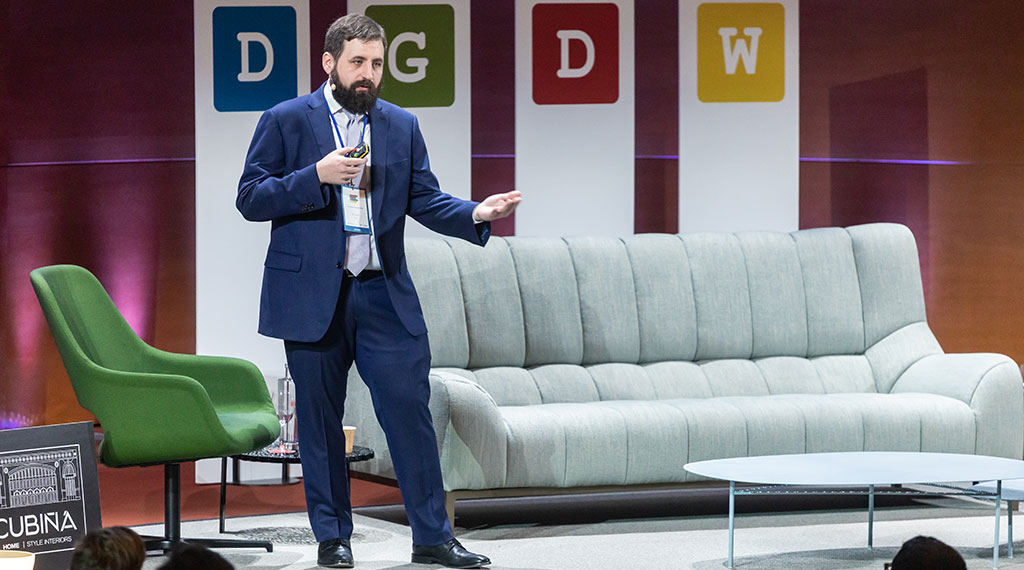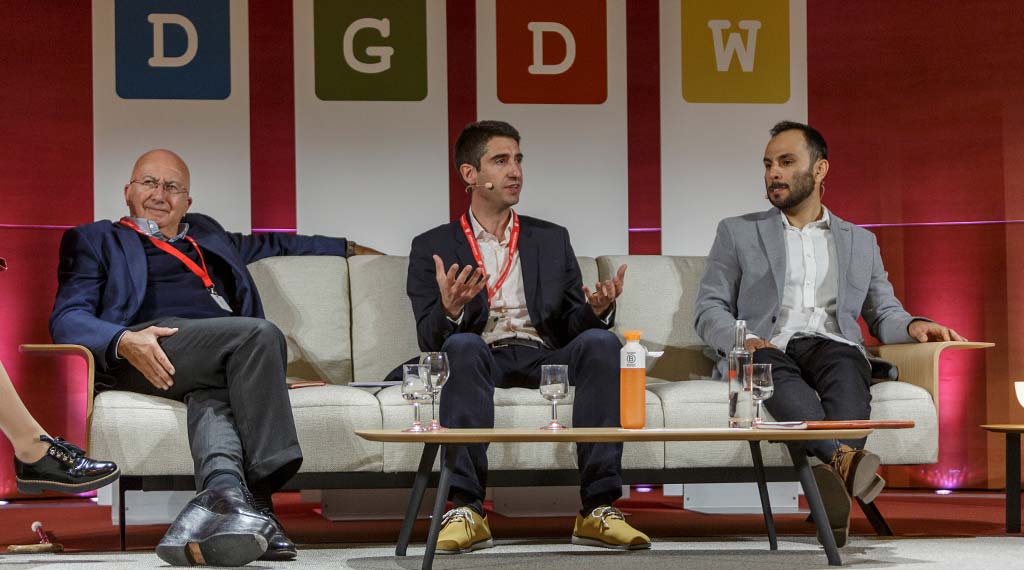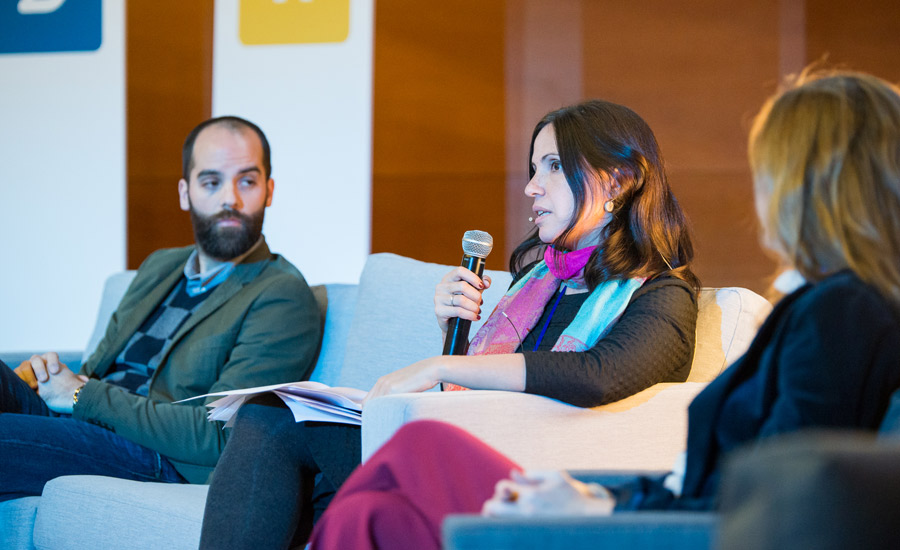
Stories
A Sustainable Course
Annual Doing Good Doing Well conference looks at UN’s sustainability goals
February 28, 2018
How can business contribute to the global sustainability agenda?
IESE’s annual Doing Good Doing Well conference, organized by MBA students. was held on the Barcelona campus recently. This year’s conference centered around the United Nations’ Sustainable Development Goals (SDGs), a sweeping set of 17 targets to improve the lives of people around the globe. Most of the goals, which took effect in 2016, are meant to be met by 2030.
The conference, which featured international panels as well as keynote speakers, looked at fulfilling the UN goals and promoting sustainability from a multitude of angles, from social impact investing to using design for social impact to building sustainable cities to empowering social entrepreneurs.
Here are some of the takeaways from the conference:
The big agenda matters. One of the virtues of the UN’s goals is that they establish a comprehensive global agenda on sustainability that 193 member states have signed on to. While progress so far may have been uneven, at least the end goals have been identified. That’s a big step. “For the first time the governments of the world have agreed to become accountable,” said Marcos Neto, director of the UNDP’s Istanbul International Center for Private Sector. “The SDGs provide us with a common language.”
But so do smaller ones. Whether it’s forgoing buying a car, or choosing a sustainably developed product, or investing in a social impact fund, the speakers stressed that we can all make sustainability a priority – and an increasing number of people are. Iker Marcaide of Zubi Labs began an ambitious sustainable development project in Valencia after looking for a school for his children – and ultimately deciding to found one. That led to buying land around the site of the new school and building a community around that.
The public and private sectors must work together. UN estimates put the cost of meeting the SDGs at $5-7 trillion every year over 15 years. Governments will be unable to handle all the costs of that single-handedly, so the private sector must play a role. Sonal Shah, founding executive director of the Beeck Center for Social Impact and Innovation at Georgetown University, stressed how public and private organizations must learn to speak each other’s language, since solving the world’s problems requires both sides working together.
Sustainability makes business sense. The UN’s Neto estimated that there is $12 trillion a year in business value to be created by 2030. Working towards the SDGs helps generate new revenue – though it may not produce the sort of short-term profits sometimes demanded by stock markets.
For a company like global brewer AB InBev, which has pledged to use 100% renewable electricity by 2025, the imperative is clear. “Water is our biggest ingredient. It’s incredibly important. We need to do our part,” said Tony Miliken, global chief procurement and sustainability officer. That means looking at ways to change its operations, its supply chain and its consumers’ habits. The company has a range of projects, from working with farmers in the developing world to lower water usage, to developing windfarms in Mexico, to switching to hydrogen-fueled electric trucks.
Social impact investing is still developing. Investment funds that focus on sustainability are a growing asset class, but there is still much to be done. Many estimates currently put the funds available for investing at more than the projects that would qualify. Metrics is also an issue. While there are many methodologies for measuring financial returns on traditional investments, “In impact measurement, it really is quite a challenge,” said Amelia Martinez of lender Prodigy Finance.


